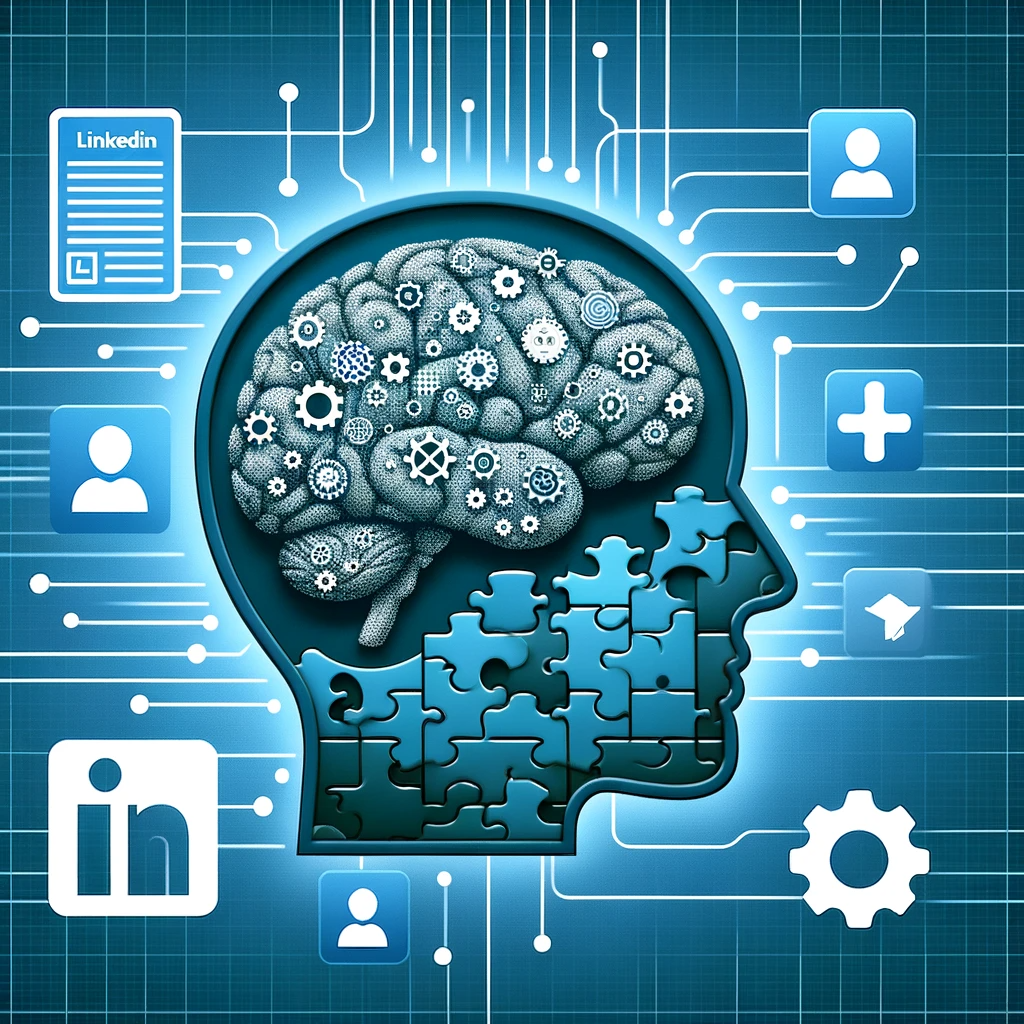Not sure from where to start but all I can say I the idea to write an article came into my mind while I was watching a TV series call The Good Doctor.
Autism Spectrum Disorder (ASD) is a developmental condition that has garnered significant attention and research within the field of psychology. From this perspective, ASD is not just a set of symptoms but a complex interplay of cognitive, social, and emotional factors that affect an individual’s behavior and learning.
Understanding Autism
- Definition and Symptoms: Autism is defined by challenges in social interaction, communication, and a tendency toward repetitive behaviors and interests. However, its manifestation can vary greatly among individuals.
- The Spectrum: The term “spectrum” in ASD reflects this variability. Some individuals might need significant support in their daily lives, while others might be highly skilled and semi-independent.
Cognitive and Developmental Aspects
- Theory of Mind: Many individuals with ASD struggle with “Theory of Mind” – the ability to understand that others have thoughts, feelings, and perspectives different from their own.
- Executive Functioning: Challenges in executive functioning can be seen in difficulties with planning, flexibility, and organization.
- Sensory Processing: Many individuals with autism have a typical sensory behaviors. This can mean over-sensitivity or under-sensitivity to lights, sounds, and textures.
Social-Communication Challenges
- Social Interaction: Difficulty in interpreting social cues, leading to challenges in forming and maintaining relationships.
- Communication: There can be a wide range in communication skills; some might be non-verbal, while others have a rich vocabulary but struggle with pragmatic language use.
Psychological Interventions
- Behavioral Therapies: Techniques like Applied Behavior Analysis (ABA) are commonly used to modify behavior and teach new skills.
- Cognitive-Behavioral Therapy (CBT): Adapted versions of CBT can be effective for dealing with anxiety and depression, which are common in individuals with ASD.
- Social Skills Training: This involves teaching individuals how to interpret and respond to social cues, facilitating better social interaction.
Emotional and Behavioral Aspects
- Emotional Regulation: Individuals with autism may experience difficulties in managing emotions, leading to mood variability.
- Repetitive Behaviors: These behaviors may serve as a coping mechanism for anxiety or sensory overload.
The Role of Psychology in Understanding Autism
Psychologists play a crucial role in diagnosing and providing therapeutic interventions for ASD. They also contribute significantly to research, deepening our understanding of the condition.
Autism and Neurodiversity
A contemporary view within psychology is the neurodiversity model, which posits that neurological differences like autism are simply variations in the human genome. This perspective advocates for acceptance and accommodation, rather than treatment or cure.
Conclusion
From a psychological perspective, ASD is a multifaceted condition that requires a nuanced understanding of its cognitive, emotional, and social dimensions. Continuous research and evolving therapeutic approaches are vital in supporting individuals with autism, helping them lead fulfilling lives while embracing their unique perspectives and abilities.




